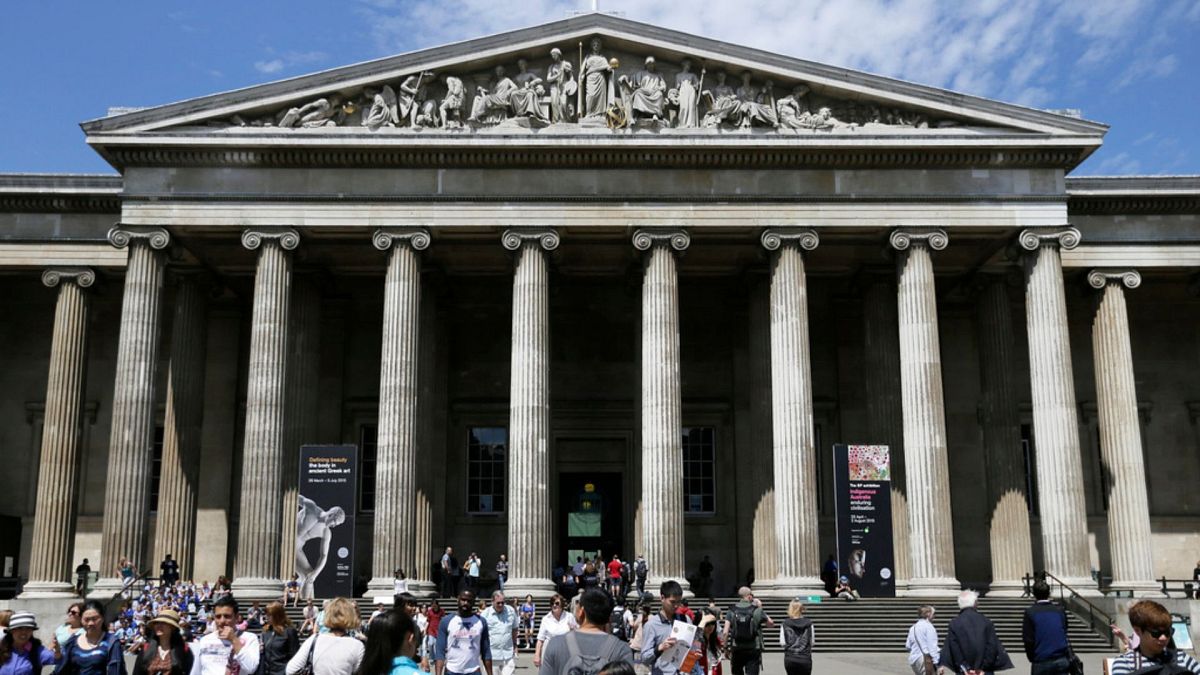Three win Nobel Prize in Economics for research in global inequality

Daron Acemoglu, Simon Johnson and James A. Robinson win Nobel Prize in Economics “for studies of how institutions are formed and affect prosperity”.
The Sveriges Riksbank Prize in Economic Sciences in memory of Alfred Nobel has this year been awarded to Daron Acemoglu, Simon Johnson and James A. Robinson.
The three US-based economists “have demonstrated the importance of societal institutions for a country’s prosperity,” the Nobel committee of the Royal Swedish Academy of Sciences said.
It added: “Societies with a poor rule of law and institutions that exploit the population do not generate growth or change for the better. The laureates’ research helps us understand why.”
The economists have studied institutions created by European colonial powers.
In areas where systems were inclusive, they argue that this bred prosperity. On the other hand, they suggest that institutions which extracted resources for the colonisers’ benefit have brought low economic growth.
Acemoglu and Johnson work at the Massachusetts Institute of Technology and Robinson conducts his research at the University of Chicago.
Acemoglu and Johnson recently collaborated on a book, “Power and Progress”, which looks at how digital technologies could be used to create jobs and wealth – if managed correctly.
In response to receiving the award, Acemoglu said: “You never expect something like this.”
“I am delighted. It’s just a real shock and amazing news,” he added.
“I think broadly speaking the work that we have done favours democracy.”
Acemoglu is due to speak at a conference in Athens, Greece, later on Monday.
The prize announcement was given in Stockholm and closes up this year’s award season.
The trio will split the 11mn kroner cash prize, worth around €934,000.
Last week, the 2024 Nobel Prizes were offered for medicine, physics, chemistry, literature and peace.
Previous recipients of the Nobel Prize in Economics include Claudia Goldin, Ben Bernanke, Douglas Diamond and Philip Dybvig.
American economist Milton Friedman is a notable winner, awarded the prize in 1976 for his work on monetarism.
This theory posits that controlling the total supply of money in an economy is the primary way to ensure stable growth.
Unlike the other five prizes, the award for economics was not outlined by Alfred Nobel in his 1895 will.
The prize was instead established in 1968 by Sweden’s central bank, in memory of the Swedish inventor.
The first winners were Ragnar Frisch and Jan Tinbergen in 1969.
World News || Latest News || U.S. News
Source link



